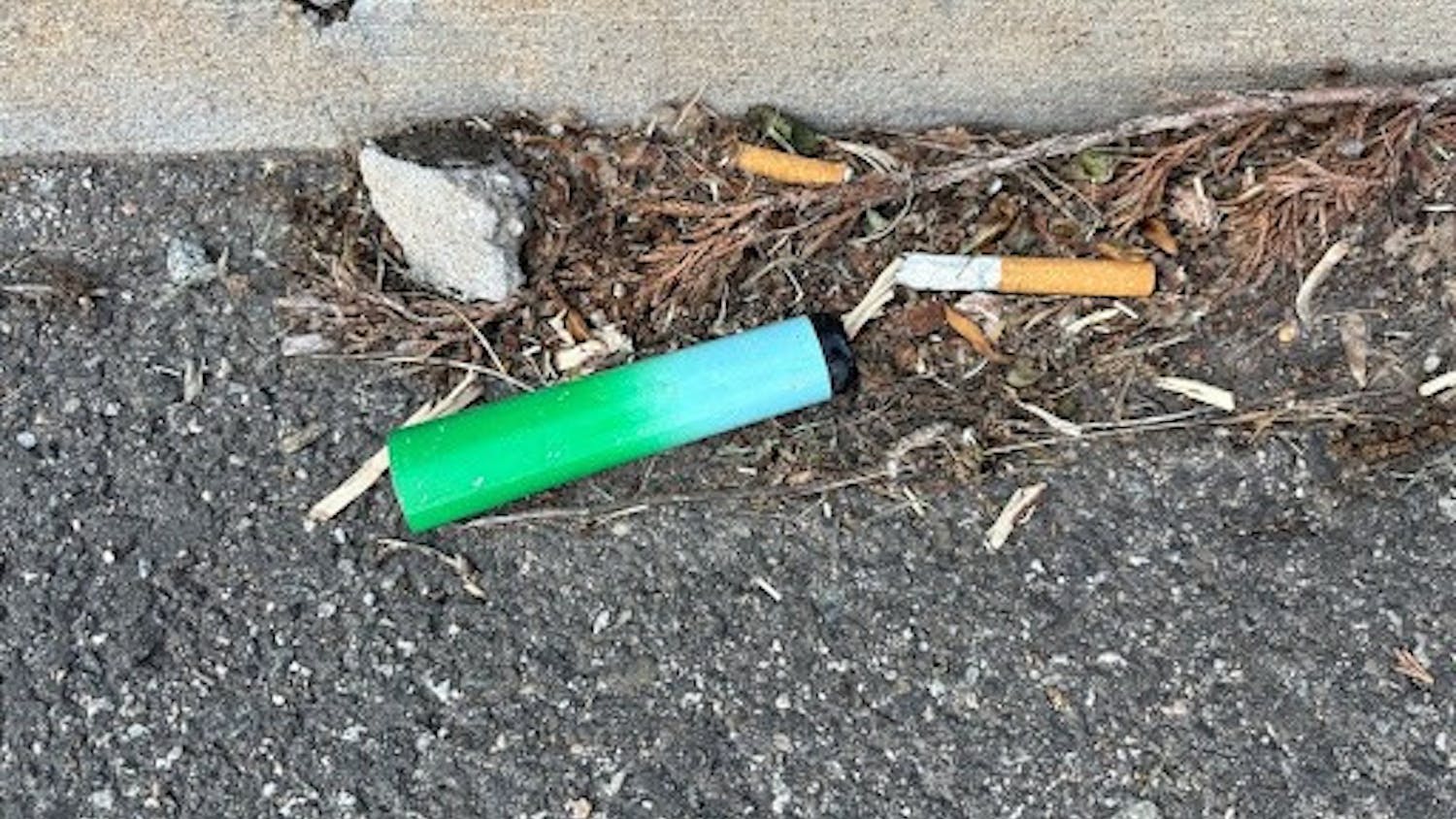When it comes to issues of race in America, it's not always so black and white.
Asian-Americans and other minorities fall victim to the same kinds of racism as African Americans, according to members of the Asian American Association (AAA), who spoke at AAA's True Colors event last Thursday night.
Though the stereotypes of Asian-Americans are not easily defined, many fall into a few categories: the "Fresh off the Boats" (FOBs) who can't speak English, talk fast and know kung-fu, the hard-working science and math geeks or the feminine homosexuals, all of which were discussed at the presentation.
"I'm limited just because of my color," Joseph Cruz, Filipino-American and freshman biology and psychology major, said. "Don't tell me that I don't have a struggle."
AAA members said that the "struggle" Cruz and other Asian Americans face is only reinforced by the media.
Take William Hung, the silly, karaoke-singing, poor English-speaking "American Idol" contestant. After his tryout, Hung became an American icon - but perhaps more importantly - a symbol of Asian culture in America.
"(Asian-Americans) do not accept him because he perpetuates stereotypes," Dennis Chin, junior biology major, said. Asian Americans "don't have any other image to counteract (Hung)," Chin said.
People need to know there's a problem, Chin said, and Asian Americans are the ones who need to tell them.
But, guided by immigrant parents who just want to fit in, many young Asian-Americans are taught not to "complain about what (they) have," Cruz said. "Now that we're here, why not fight about being American?"
Chin said he believes that his generation of Asian-Americans is ready to do it. "We have to make a concerted effort to establish what it means to be Asian-Americans," he said. "Our generation is more prepared to step up."
That's why he decided to protest a feature in Details magazine, "Gay or Asian?" that, he said, combined stereotypes of Asians and homosexuals and helped blur the line between them.
"You don't really get a very hyper-masculine image of Asians in America," Chin said. "Asian-Americans in the media - they are almost always portrayed as feminine."
Enrique Melencio, senior marketing major and treasurer of AAA, said, "If we let little things like this come out and we don't say anything, they'll just keep happening," he said. "It shouldn't be accepted."
Daniel Peres, editor in chief of Details eventually issued an apology, saying "Sometimes you set out to be funny and simply blow it," and "I'm embarrassed that it took thousands of people - including members of my own staff - to point out the hurtful and tasteless nature of the 'Gay or Asian?' piece."
That, AAA members said, is just the start to getting rid of the stereotypes.
"There's an expectation of me to be really great at math and really great at science," Noel Ramirez, sophomore communications and women's and gender studies major, said. "And it's just not there."
People aren't told any differently, so they accept it, he added.
And while many Asian-Americans do nothing about it, some, like Cruz, don't tolerate it.
Citing a recent confrontation in his dorm when he said he was singled out because of his ethnicity, he observed: "It's hard to look at somebody for their personality rather than their color. I'm the only Asian person in my group - so why would you single me out just because I'm Asian?"
He said a world without color and racial recognition is not possible, but we need to do the best we can. "Other people have their own individual identities, not just their racial identity," he said, and we need to make others aware of it.
For many Asian-Americans, it's just not that easy.
Most individuals don't see the problem because they think of racism only in terms of black and white - it's easy for them to turn their shoulders to the Asian American condition because they don't know it exists.
Some, like Chin, attribute this negligence to the perceived success of Asian-Americans. It is a fact that many Asian-Americans have done well in fields like science, math and a range of others. People are hesitant to admit that Asian-Americans are underprivileged because they're doing so well in America.
"(Asian-Americans) 'became' white people, and we became successful, learned English, got good homes, got good cars," Chin said.
He said the logic goes something like, "If Asian-Americans don't have a problem, why deal with it?"
AAA says they do have a problem - they are misrepresented and unfairly profiled - and, AAA says, it's time to fix it.






